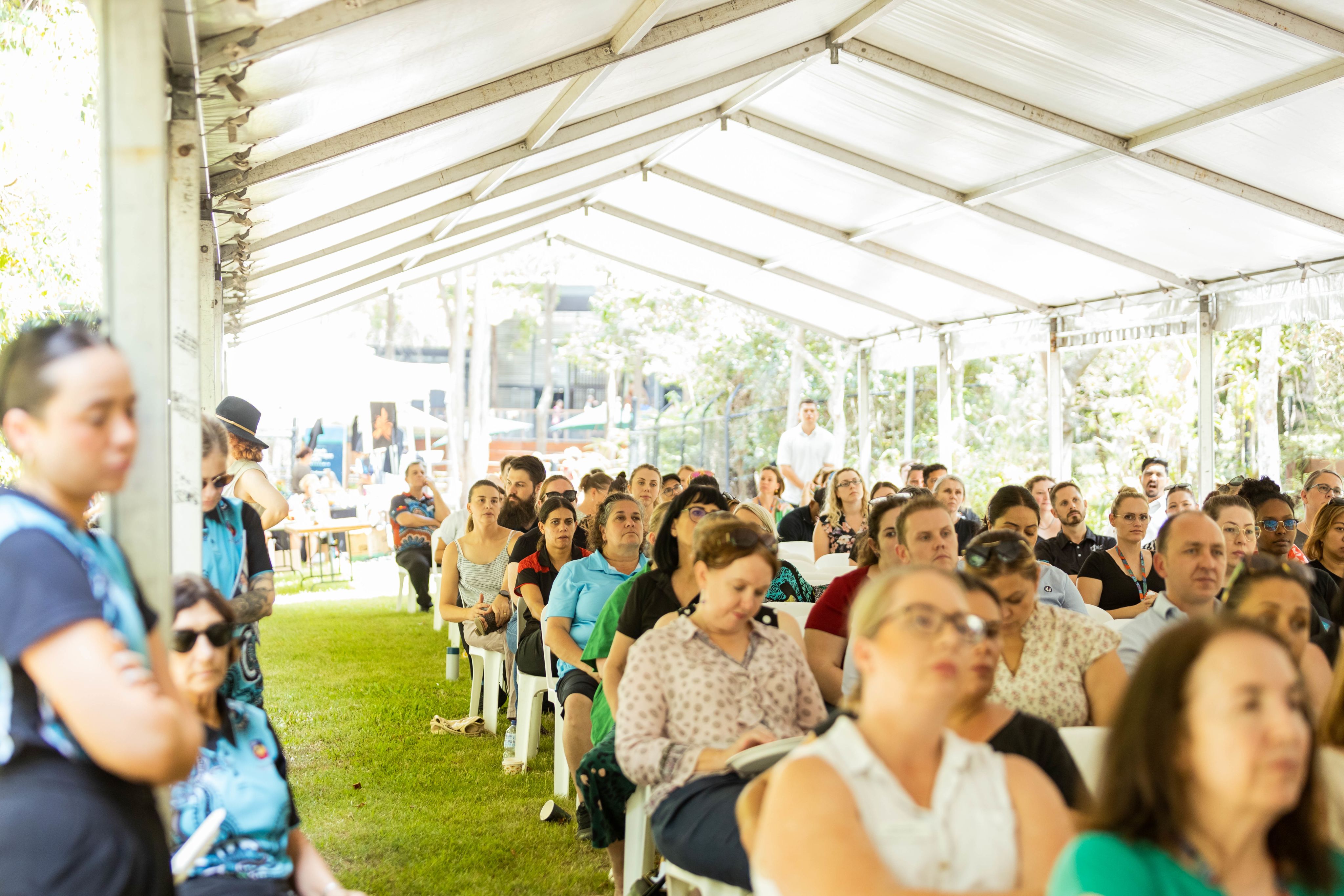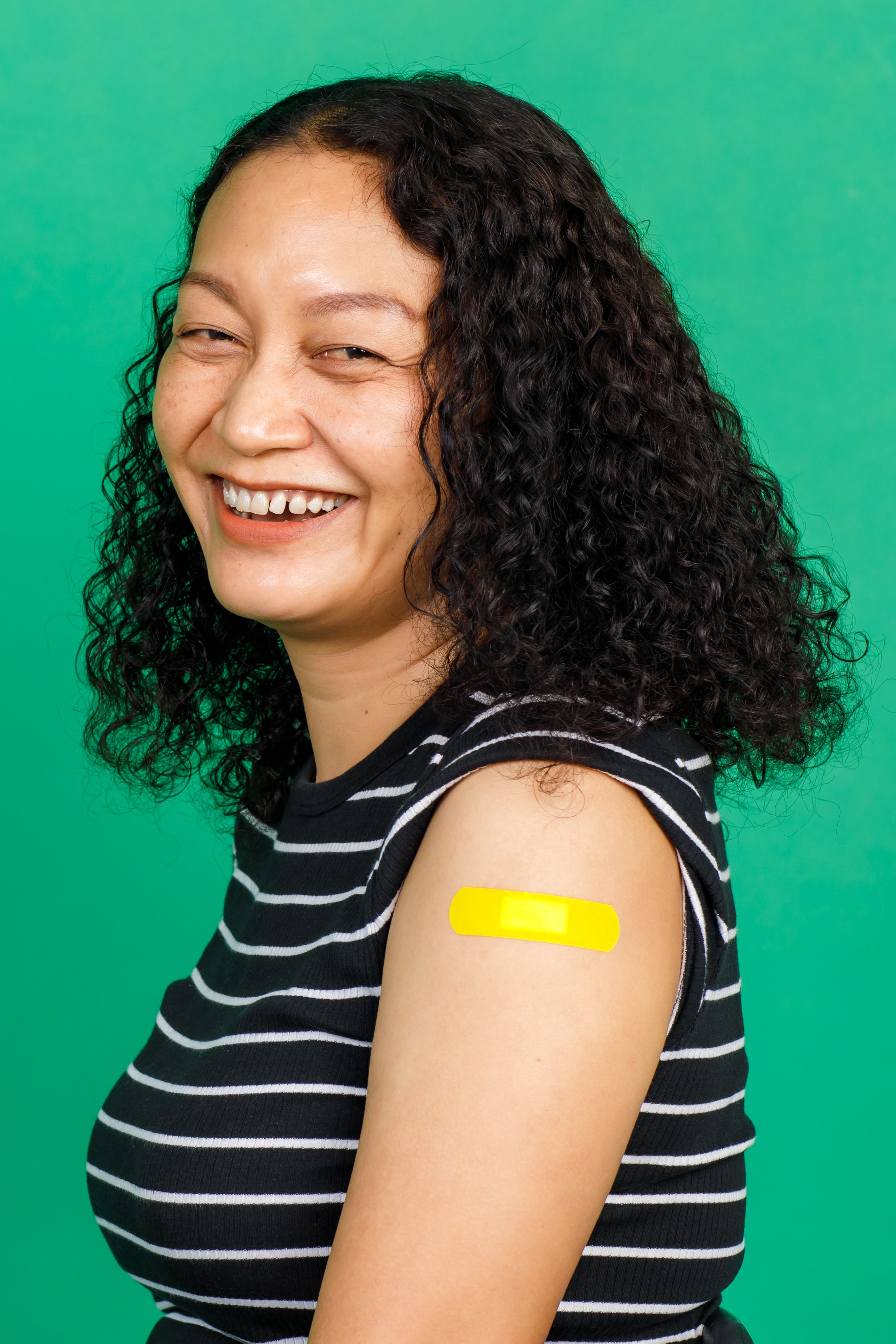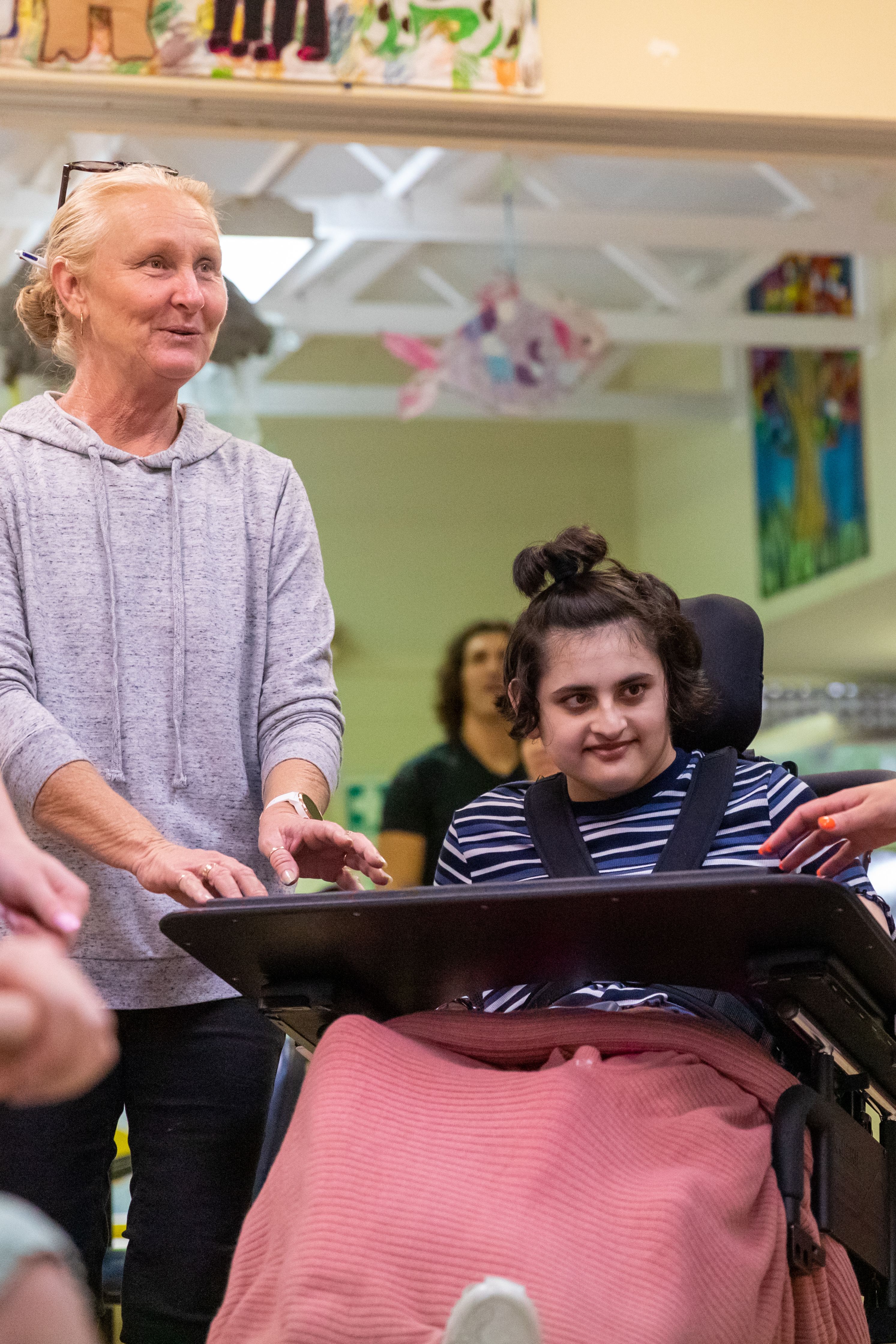System integration and coordination
The system integration and coordination team enables organisation-wide stakeholder engagement and communications strategies, and work towards better health system integration.
- The Primary Care Engagement team coordinates stakeholder engagement initiatives with primary healthcare providers, working in partnership with system partners such as Metro South Health to rapidly respond to department, regional and organisational priorities.
- The Stakeholder Engagement and Strategic Partnerships team supports Brisbane South PHN to inform and maintain strong and positive relationships with key stakeholders and partners.
- The Communications team is Brisbane South PHN’s central resource for external, mass communications to stakeholders, working closely with program teams and external partners to align strategy and messaging with organisational goals.

Key achievements
Better coordination of urgent care and after-hours services in the region
- Two new Medicare Urgent Care Clinics (UCCs) were commissioned in the region, delivering free walk-in care, 7 days a week, for urgent health conditions. Logan (Browns Plains) Medicare UCC opened in August 2023, with South Brisbane Medicare UCC opening in October 2023. Together, these clinics provided 19,790 occasions of service, helping to ease pressure on nearby hospital emergency departments.
- Extensive consultation completed for our After-hours Deep Dive Needs Assessment, with 51 survey responses and 26 face-to-face interviews.
- Partnered with Brisbane North PHN to develop FindCareFast, a localised service navigation site to assist consumers to locate appropriate healthcare services quickly.
Strengthening our engagement with key stakeholders
- On behalf of the Department of Health and Aged Care, the team supported the administration of the Strengthening Medicare GP Grants Program. 323 practices received a total of $8,765,000 in grant funds focused on digital health, infection prevention and control, and maintaining or achieving accreditation.
- Grown our network of key GPs with 47 now engaged in broader health system initiatives
- Four Local Practice Manager network meetings were held with 47 attendees.
- Collaborated with key peak bodies to align national policy efforts and development across the primary care sector. This has resulted in the RACGP advocating for a national, dedicated Pharmacist Workforce Incentive Program.
- Enabling capacity in the Queensland Ambulance Service Patient Transport Service project finalised in May 2024.
- Design, build and successful launch of Brisbane South PHN’s new corporate website resulting in tripled audience engagement in fewer than 12 months.
Supporting Brisbane South PHN's commitment to health access and equity
- Developed our inaugural Brisbane South Health Access and Equity Framework
2024–2027. - Brisbane South PHN successfully achieved Rainbow Tick accreditation in July 2023 and continues to implement the Rainbow Tick Action Plan.
- Partnered with Metro South Health on a 3-month secondment opportunity from their Health Equity and Access Team, to support a review in the way we respond to the needs of people with a disability – 31 out of 47 actions have progressed.
Case studies
Group Activities Program participant at Multicap Eight Mile Plains Hub
Group Activities Program participant at Multicap Eight Mile Plains Hub
Health Literacy Grants: empowering communities to boost vaccination rates
Brisbane South PHN continues to support local solutions to increase COVID-19 vaccination rates among vulnerable populations. In financial year 2023-24, we administered 11 Community Health Literacy Grants, each providing up to $10,000. These grants enabled communities to lead their own initiatives in response to declining vaccination rates and the rising prevalence of preventable diseases.
One notable grant recipient, Support Groups Queensland, focused on delivering vaccination information to a diverse range of support groups, including women’s circles, choirs, quilting groups, dementia support network, and senior social clubs. Over the course of the project, they reached approximately 500 people face-to-face. The organisation worked closely with interpreters and bi-cultural workers to ensure culturally and linguistically appropriate education, particularly for Sudanese and Mandarin-speaking communities. They also engaged allied health professionals to provide expert advice and address more complex concerns raised by senior groups.
Throughout the project, Support Groups Queensland offered resources and support to community members experiencing vaccine anxiety. They achieved positive engagement through their social media platforms and e-news campaigns. Members of the African women’s community, initially hesitant about vaccination, reported increased confidence after attending sessions where they could bring a friend who had already been vaccinated.
Grants funds were awarded to a diverse range of community organisations, each representing specific geographic areas, cultural groups, age demographics and networks. Local initiatives funded by these grants included activities such as:
- interactive educational sessions at local kindergartens and soccer clubs
- homeless outreach and campaign/resource development
- health information sessions for older adults
- vaccine clinics
- culturally appropriate education and translated resources
- upskilling community workers and leaders
- distribution of wellbeing and wellness packs
- touchscreen kiosks and brochure displays.
These efforts helped to ensure that health information and vaccine access reached those most in need, empowering local communities to take control of their own health outcomes.
Improving access to primary healthcare for homebound individuals
Access to primary care is a cornerstone of Australia’s healthcare system. GPs typically serve as the first point of contact for preventive care, diagnosis, treatment and coordination of services. However, people who are homebound often face significant challenges in accessing timely primary care. This can result in inappropriate visits to emergency departments, preventable hospitalisations, untreated health issues and a lack of essential preventive care.
Brisbane South PHN has received numerous queries over the years regarding access to primary care for homebound individuals. During the COVID-19 pandemic, a particular focus was placed on coordinating vaccinations for those unable to leave their homes, which highlighted the broader difficulties in delivering appropriate care and services to this group. Despite growing awareness, the scale and nature of the issue are not well-researched or understood in our region. Australian research estimates that frail, housebound and bedridden (FHBP) individuals make up around 2.4% of the population, yet little is known about their specific healthcare needs at a local level.
Responding to the need for change
In response to these challenges, Brisbane South PHN initiated the development of a white paper aimed at investigating how primary care can be better tailored to meet the needs of homebound community members. Local stakeholders, including healthcare professionals and service providers, were engaged through surveys, interviews and co-design workshops. More than 25 stakeholders, including 6 local GPs, contributed their insights. To help illustrate the experiences and barriers faced by homebound patients, personas were created to depict common patient journeys.
Key findings and areas for improvement
The consultations with healthcare professionals identified 4 key areas of opportunity to improve access to primary care for the homebound population:
- Establishing a clearer understanding of the target population and their access needs
- Implementing multidisciplinary models of care and enhanced care coordination
- Exploring new avenues of funding and policy advocacy
- Ensuring workforce sustainability and leveraging facilitative technology
Moving forward
Since commissioning the white paper, Brisbane South PHN has continued to explore ways to address these challenges. Work is ongoing to inform key recommendations for piloting new models of care, establishing a sustainable funding strategy, and addressing gaps in data infrastructure.





